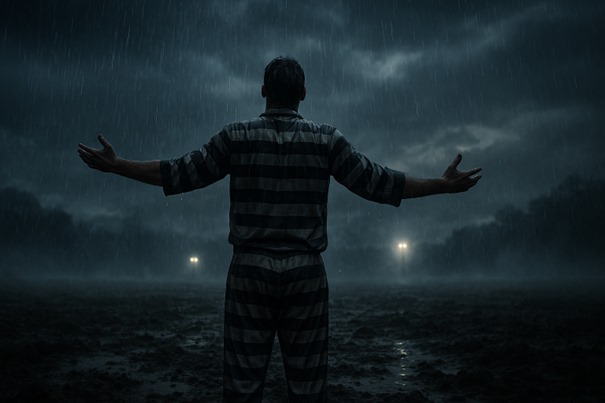In the age of instant gratification, convenience has become our currency. We pay for it with our time, our data, and increasingly, our autonomy. But what if the true cost of convenience is far higher than we realize?
Consider the modern smartphone. It's a marvel of engineering, a pocket-sized computer that connects us to the world. But it's also a device that tracks our every move, records our conversations, and builds detailed profiles of our behavior. We trade our privacy for the convenience of having everything at our fingertips.
Or take food delivery apps. They promise to bring restaurant-quality meals to our doorsteps with a few taps. But behind this convenience lies a hidden ecosystem of underpaid workers, environmental costs from packaging and transportation, and the gradual erosion of local food culture.
The Data Economy: Paying with Our Digital Selves
Every time we use a "free" service, we're not really getting something for nothing. We're paying with our data — our digital footprint that companies collect, analyze, and monetize. This data includes:
- Our location history
- Our browsing habits
- Our social connections
- Our purchasing patterns
- Our personal preferences
This information is worth billions to advertisers and tech companies. But what's it worth to us? And more importantly, what are we losing in the process?
The Convenience Trap
Convenience has a way of becoming necessity. Once we get used to having something at our fingertips, it's hard to imagine life without it. This creates a cycle of dependency that can be difficult to break.
Think about streaming services. They offer instant access to vast libraries of content. But they also contribute to the decline of physical media, local video stores, and the social experience of movie-going. The convenience of streaming has changed how we consume entertainment, and not always for the better.
The Environmental Impact
Convenience often comes at an environmental cost. Single-use packaging, express shipping, and on-demand services all contribute to:
- Increased carbon emissions
- Plastic pollution
- Resource depletion
- Waste generation
We're trading long-term sustainability for short-term convenience, and the planet is paying the price.
Reclaiming Our Autonomy
So what can we do? The answer isn't to reject all modern conveniences, but to be more mindful about which ones we choose to adopt. Here are some questions to consider:
- What am I really paying for this convenience?
- What am I giving up in return?
- Is there a more sustainable alternative?
- Could I do this myself?
Sometimes, the most convenient choice isn't the best one. Sometimes, taking the time to do something yourself — whether it's cooking a meal, reading a physical book, or having a face-to-face conversation — can be more rewarding than the quickest solution.
Conclusion: Finding Balance
Convenience isn't inherently bad. It's a tool, and like any tool, its value depends on how we use it. The key is to be conscious of the trade-offs we're making and to choose convenience when it truly serves us, not when it's just the easiest option.
In a world that's constantly pushing us toward faster, easier solutions, taking the time to consider the true cost of convenience might be the most valuable investment we can make.



